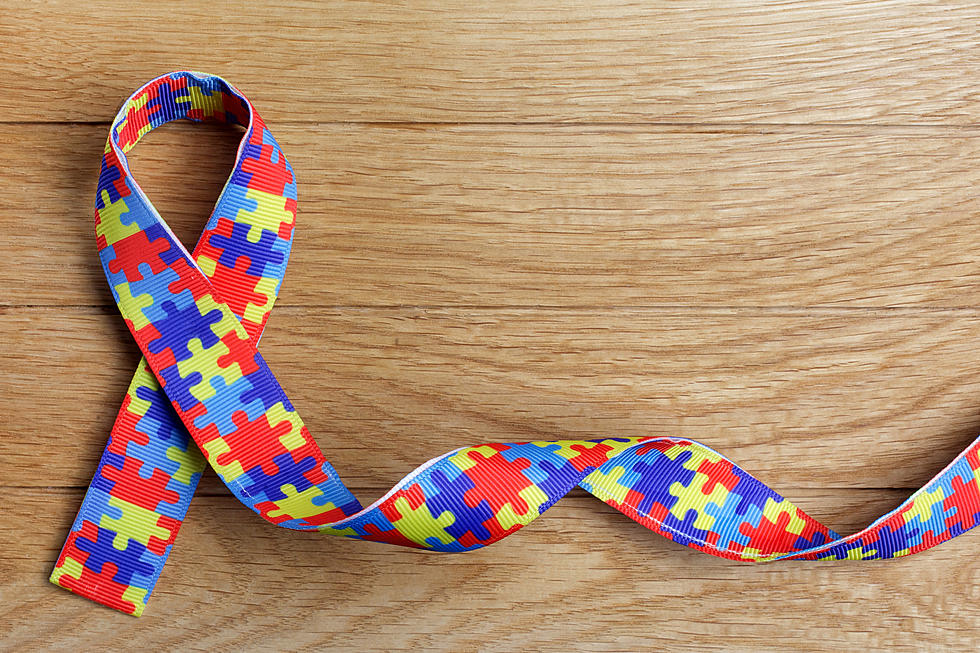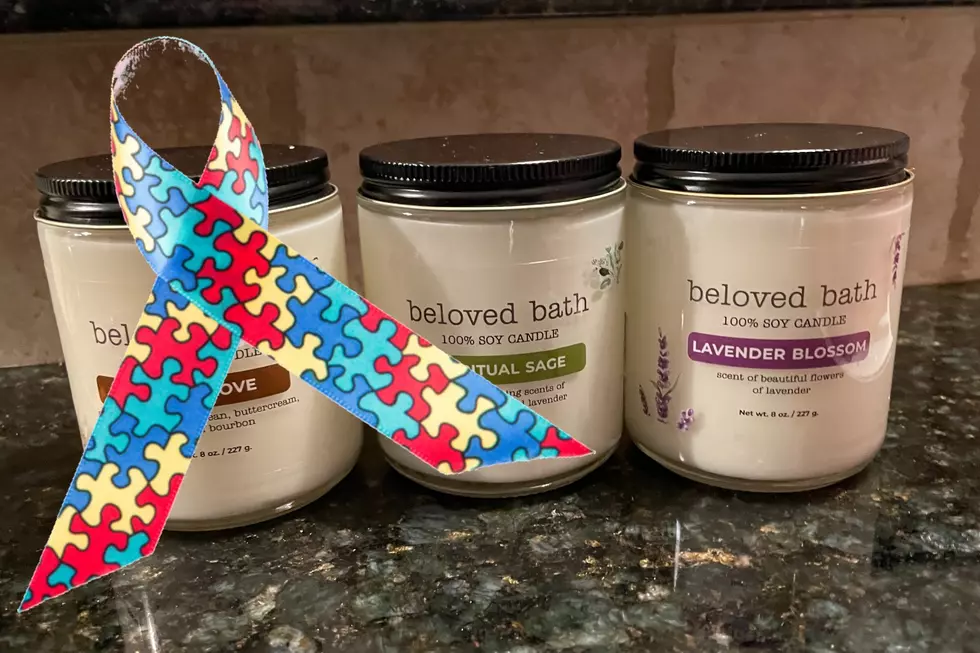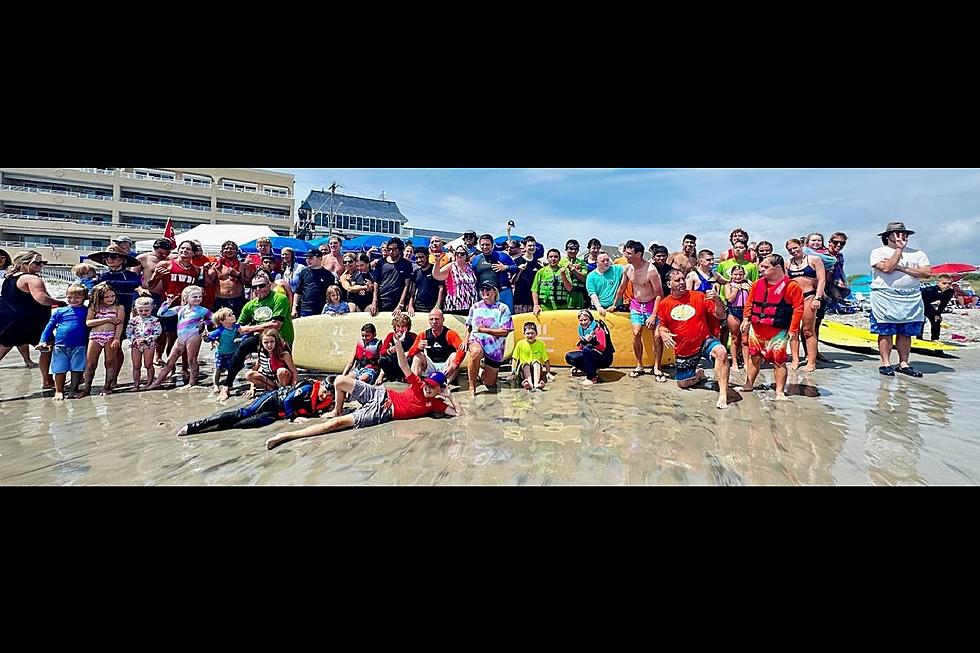
NJ needs more autism-friendly housing. But how — and how soon?
On Wednesday night, the New Jersey-based nonprofit Parents With A Plan will virtually launch a statewide research program designed to identify and fulfill the needs of adults in the Garden State with autism and other neurodiversities once they phase out of the educational system at age 21.
Karen Fluharty, PWAP founder, said she worried about what would happen to her own son, Ryan, and others like him once they figuratively "fall off the cliff." She said the ideal young adult program she could find for him was in Phoenix, Arizona, but that the best options should not come with geographical hurdles.
That is why the PWAP program, launched in conjunction with Neuro-Inclusive Housing Solutions, points toward what will be a first-of-its-kind, autism-friendly apartment building in Red Bank.

Only 6% of adults with known intellectual or developmental disabilities are accessing residential support in New Jersey at this time, Fluharty said, which is not acceptable for a state with such broad resources, and when these people have so much to offer.
"These are young adults with something to contribute. Some of them are writers. Some of them are amazing musicians. Some of them are great caregivers. Each of these individuals has something to contribute to our society," Fluharty said.
Aging caregivers mean housing uncertainty for many
Desiree Kameka Galloway, Neuro-Inclusive Housing Solutions lead consultant, estimates there are 38,000 individuals living with disabilities such as autism, Down syndrome, or cerebral palsy in the Garden State whose caregiver is over the age of 60.
That population is in elevated danger of being displaced or even becoming homeless if their situations were to change, and the research effort and eventual apartment building will seek to mitigate those risks.
"Housing can be a place, and this is true for all of us, that can create access, it provides stability, it's a place where we recharge our identity, it's where we find that comfort and refuge," Kameka Galloway said.
No more group homes, "person-centered" model
She said she has worked on similar initiatives elsewhere in the United States, shifting away from the idea of a group home and toward something with specifically tailored amenities and design features.
Will residents require a space that's easy to clean? Something more sensory-friendly? More research and data are needed, Kameka Galloway said, and then the concept can be expanded further across the state.
"When they build this first property, we're going to be able to carry metrics on it, so we're going to try and understand, how is this impacting their lives?" she said.
Both Kameka Galloway and Fluharty used the term "person-centered" to describe the vision for the apartments.
No boundaries, no limits
Fluharty said the living spaces will cut into that 6% access number — and hopefully quickly, as New Jersey continues to rank high among U.S. states in child autism rate (now 1 in 34).
"We will be helping and assisting, coordinate all of those various, disparate services to provide a higher quality of life, and to bring those percentages up," she said.
Fluharty repeated something she told her son in stressing the importance of New Jerseyans with disabilities being provided space, independence and training: There are no boundaries, there are no limits, and you can be whoever you want.
To register for the Zoom event, to be held at 7 p.m. Wednesday, go to parentswithaplan.org.
Patrick Lavery is a reporter and anchor for New Jersey 101.5. You can reach him at patrick.lavery@townsquaremedia.com
Click here to contact an editor about feedback or a correction for this story.
St Peters enters NCAA Sweet 16, NJ gets Peacock Fever
Every NJ pizza joint Barstool's Dave Portnoy has reviewed
2022 Seaside Heights Polar Bear Plunge photos
More From New Jersey 101.5 FM









